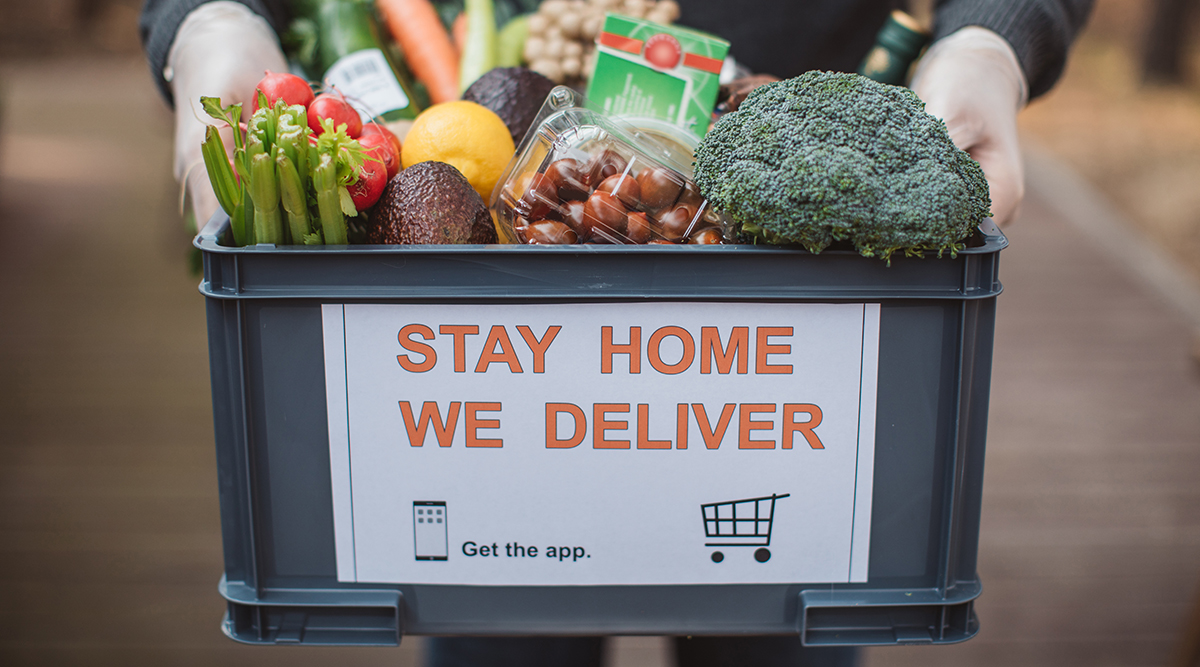Getting a Flu Shot at Kentucky
 |
| Documentation of my first flu shot. |
I was very surprised to know that I have never received one before, but today I received my first flu shot. As a school requirement, all students are required to get a flu shot before starting the upcoming semester. This is to ensure safety during the flu season which could be very dangerous as we are in the midst of a pandemic. If one has the coronavirus and the flu at the same time, the resulting impact could be even more severe than having either infection alone. This is why it is imperative to get a flu vaccination to reduce the risk of getting the flu and COVID-19 at the same time.
 |
| An informative sheet that discusses the flu shot. |
The process overall was very simple. After registering online, all I needed was to provide my insurance card, and I was able to sit down and get a flu shot at the food court location. It took less than five minutes total and was super easy.
In my opinion, it is good to see that the university is taking precaution against the threat of a "twindemic". A bad influenza season can have a major impact on our hospitals and hospital bed capacity on top of an already frightening pandemic. This could lead to a huge problem across the United States overall, and it is good to see that the University of Kentucky is taking action to prevent students from facing the effects of a twindemic. Though, I am not sure how the university factors in people not wanting the vaccine for religious and personal reasons. Can the institution truly require students to receive a vaccine if the student wants to return to campus? I am unsure how can the university address any objections to getting a vaccine, yet I support their methods during this time. It is best to be safe about the whole situation rather than risk the lives of students that attend their school.











